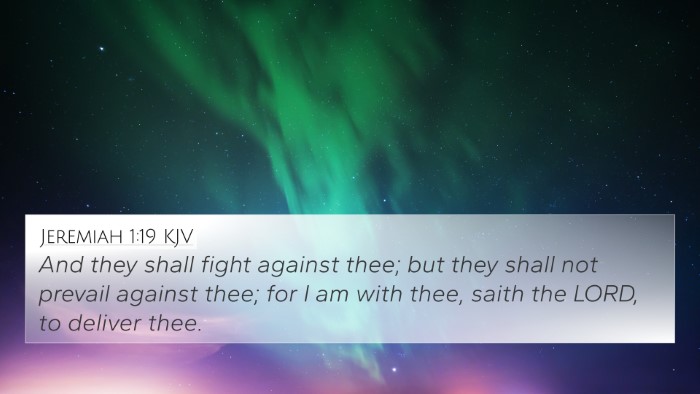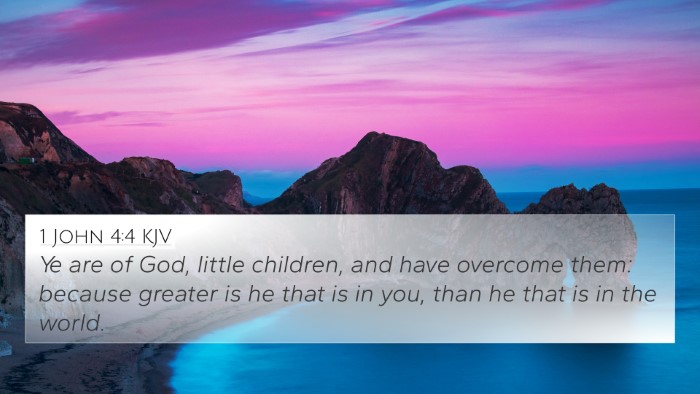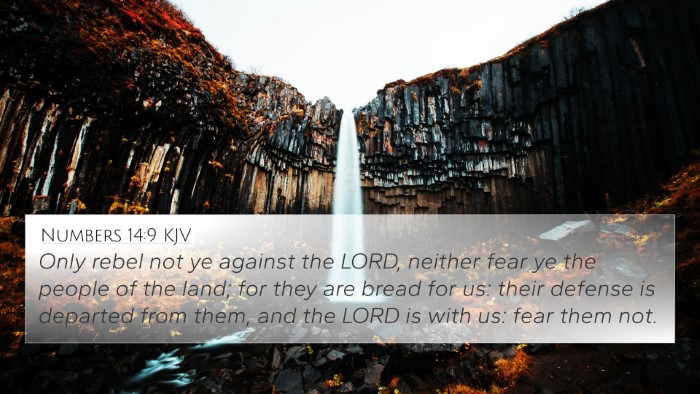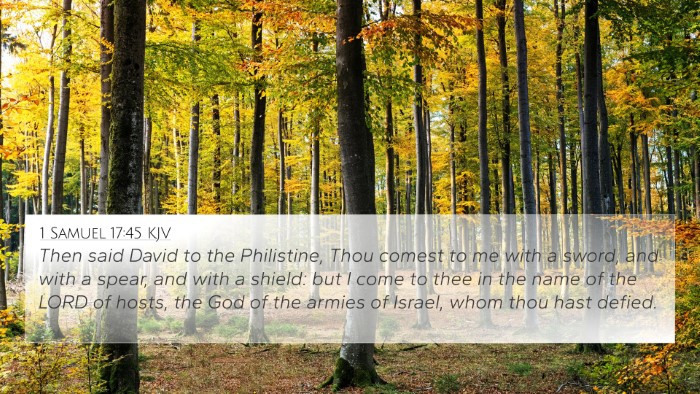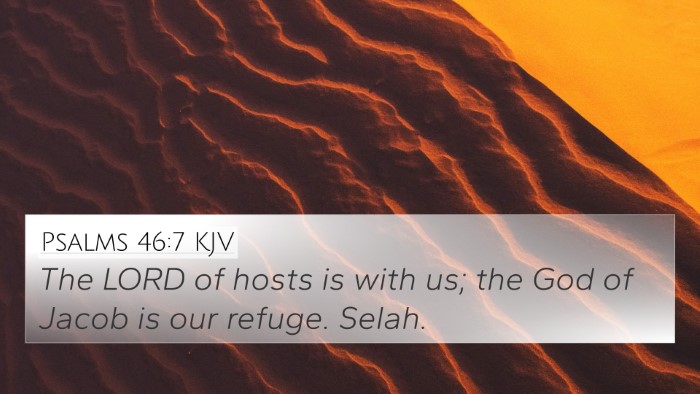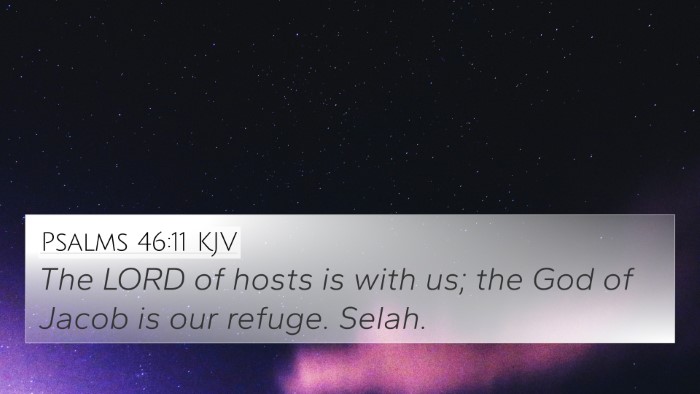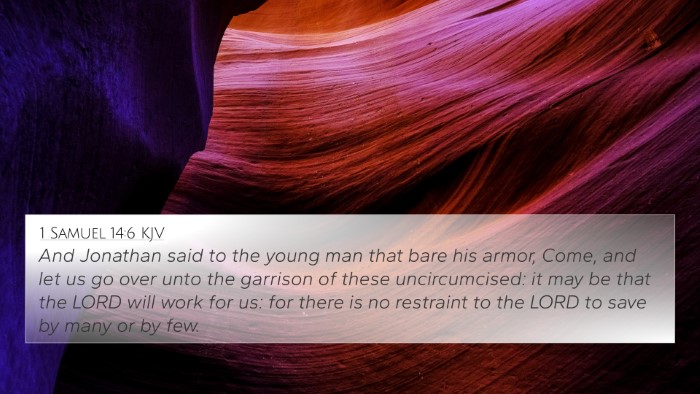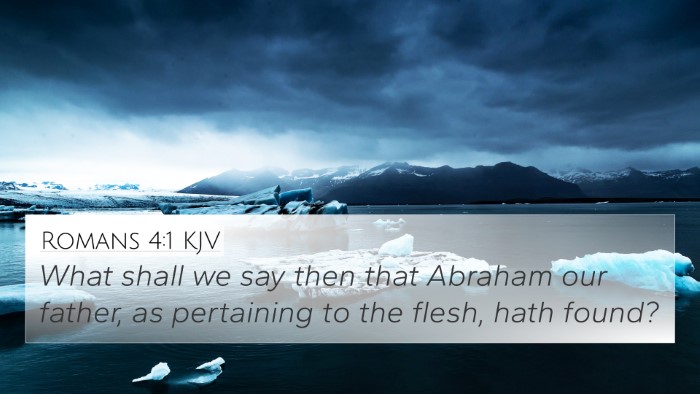Understanding Romans 8:31
Romans 8:31 states, "What shall we then say to these things? If God be for us, who can be against us?" This verse serves as a profound statement of the confidence and assurance Christians have in the presence and support of God in their lives.
Summary and Insights from Public Domain Commentaries
Combining insights from Matthew Henry, Albert Barnes, and Adam Clarke, we can draw a deeper understanding of this verse.
Matthew Henry's Commentary
Matthew Henry emphasizes that this verse is a rhetorical question aimed at fortifying the believer's faith. If God, the ultimate authority, is on our side, then no opposing force can stand against us. It reassures believers of their safety and security in Christ amidst trials and adversities.
Albert Barnes' Commentary
Albert Barnes elaborates that Paul presents this verse in the context of the grand theme of Christian redemption. He reflects on the overwhelming evidence of God's commitment to humanity through the sacrifice of Christ. This divine support is far greater than any opposition that might arise, whether spiritual or temporal, thus highlighting the assurance found in God's faithfulness.
Adam Clarke's Commentary
Adam Clarke notes that the phrase "If God be for us" is pivotal. It is not a mere conditional statement; it asserts the presence of God as a constant source of strength. Clarke also connects this assertion to the broader narrative of God's purpose in salvation, pointing out that divine favor leads to triumph over any adversary.
Key Themes and Interpretations
From these commentaries, we can derive several key themes:
- Divine Support: The assurance that God is supporting His people.
- Victory Over Opposition: Believers can be confident that any opposition will ultimately be defeated.
- Faithfulness of God: Reflects on the trustworthiness of God in His promises.
- Rhetorical Questions: Purposeful questioning meant to provoke thought and assurance among believers.
Cross-References Related to Romans 8:31
Several other Bible verses resonate with the themes presented in Romans 8:31. Here are some notable cross-references:
- Psalm 118:6: "The LORD is on my side; I will not fear. What can man do to me?"
- 1 John 4:4: "Greater is he that is in you than he that is in the world."
- Isaiah 54:17: "No weapon formed against you shall prosper."
- Hebrews 13:6: "So we may boldly say: 'The Lord is my helper; I will not fear. What can man do to me?'"
- 2 Chronicles 20:15: "Do not be afraid nor dismayed... for the battle is not yours, but God's."
- Luke 12:32: "Do not fear, little flock, for it is your Father's good pleasure to give you the kingdom."
- Philippians 4:13: "I can do all things through Christ who strengthens me."
Connections Between Bible Verses
The thematic connections between Romans 8:31 and the other verses highlight the overarching biblical narrative of God’s assurance and support for those who believe in Him. This verse serves as a powerful reminder in various contexts, including:
- Spiritual Assurance: Highlighting God’s unwavering support.
- Encouragement in Trials: Providing hope in challenging times.
- Faithfulness and Trust: A call to rely on God’s promises.
How to Use Bible Cross-References
Understanding how to connect Romans 8:31 with other scriptures can enhance your Bible study. Here are some tools for effective cross-referencing:
- Bible Concordance: A tool for finding words and their occurrences across different scriptures.
- Bible Cross-Reference Guide: A resource that suggests related scriptures for deeper study.
- Cross-Reference Bible Study: An approach focusing on thematic and topical connections.
Conclusion
In summary, Romans 8:31 encapsulates the essence of a believer's confidence in God amidst life's challenges. With rich insights drawn from historical commentaries and cross-referencing multiple verses, we navigate a deeper understanding of the assurance we find in God. By acknowledging God's presence and support, believers can face any opposition knowing that they are not alone.




